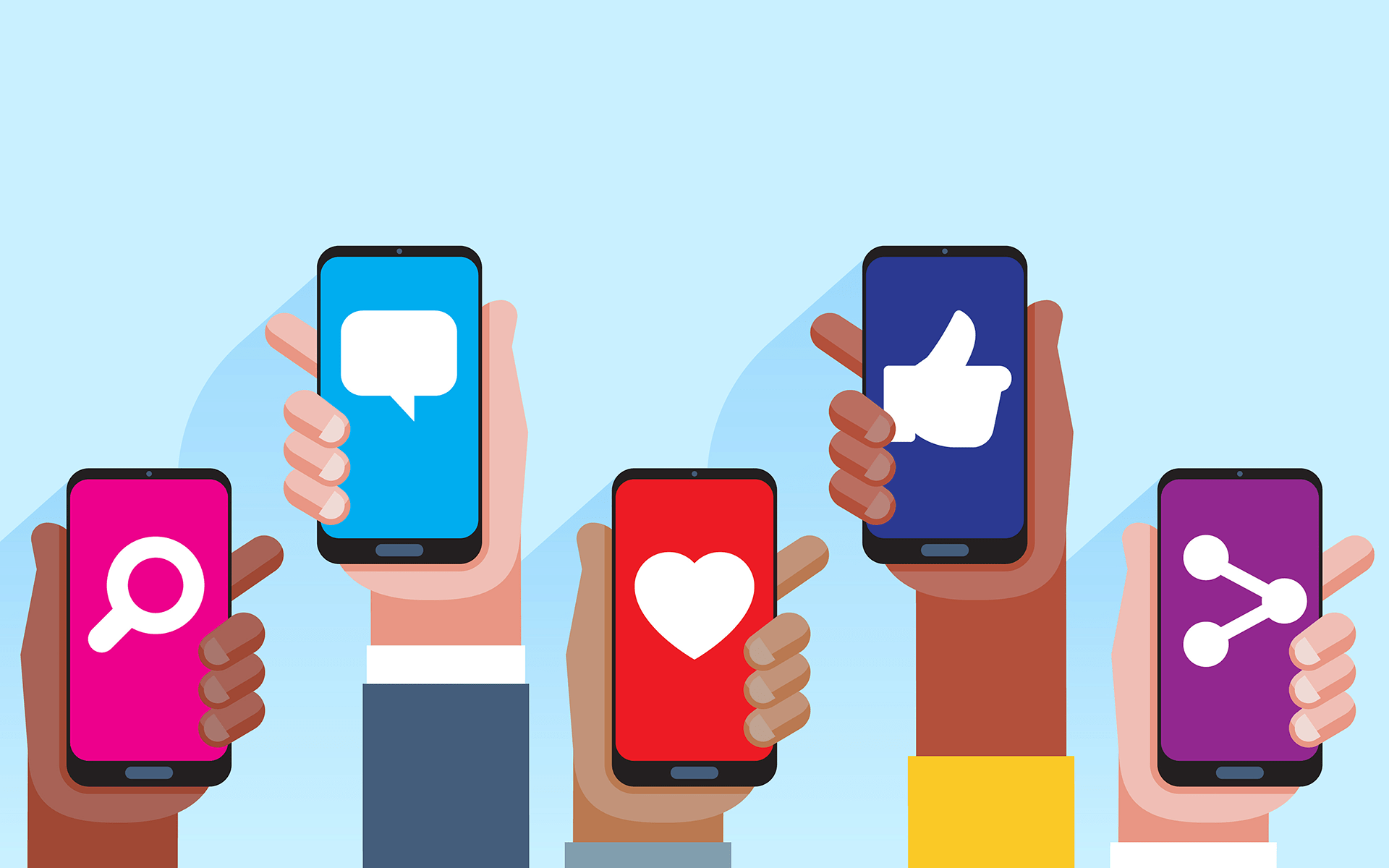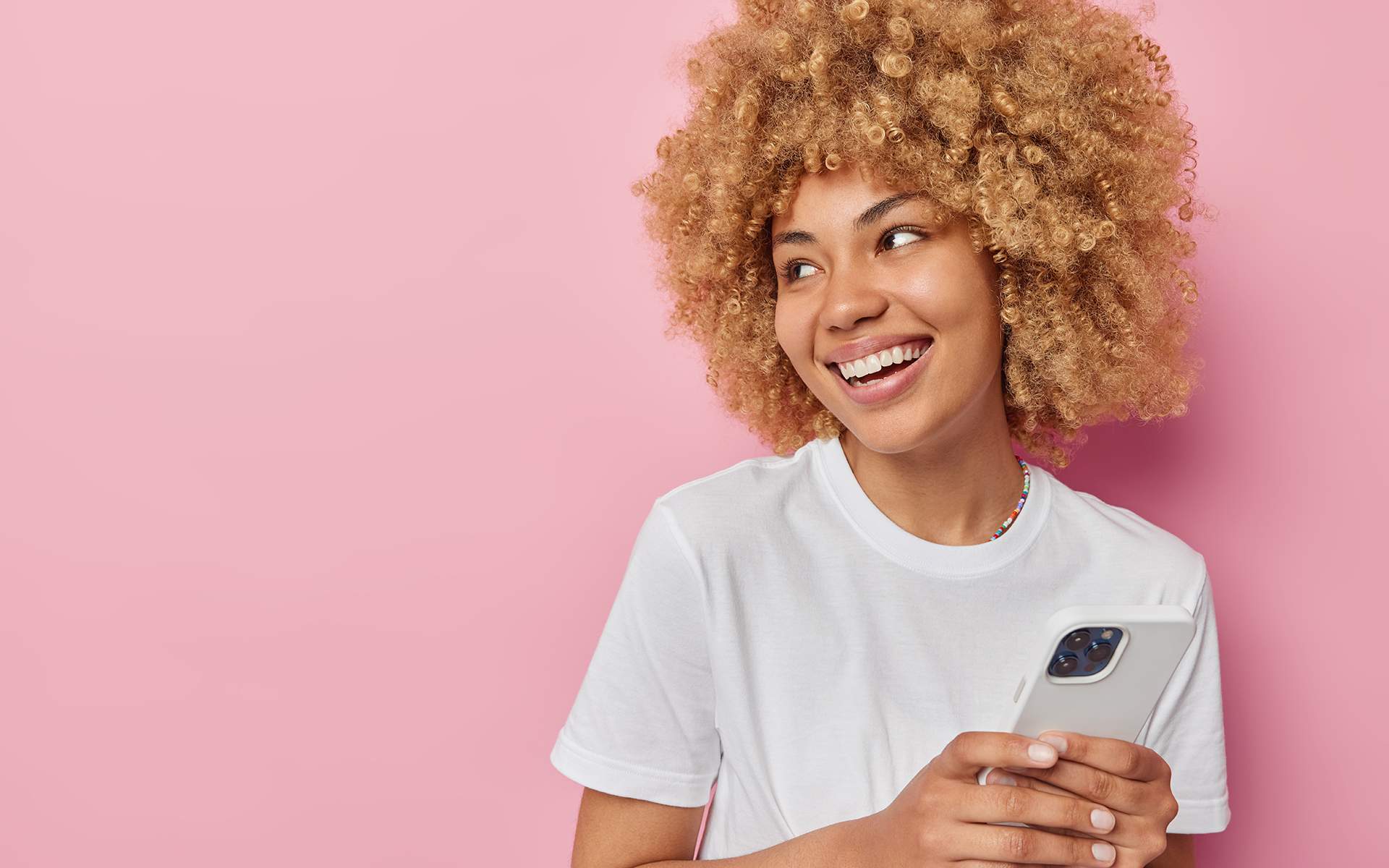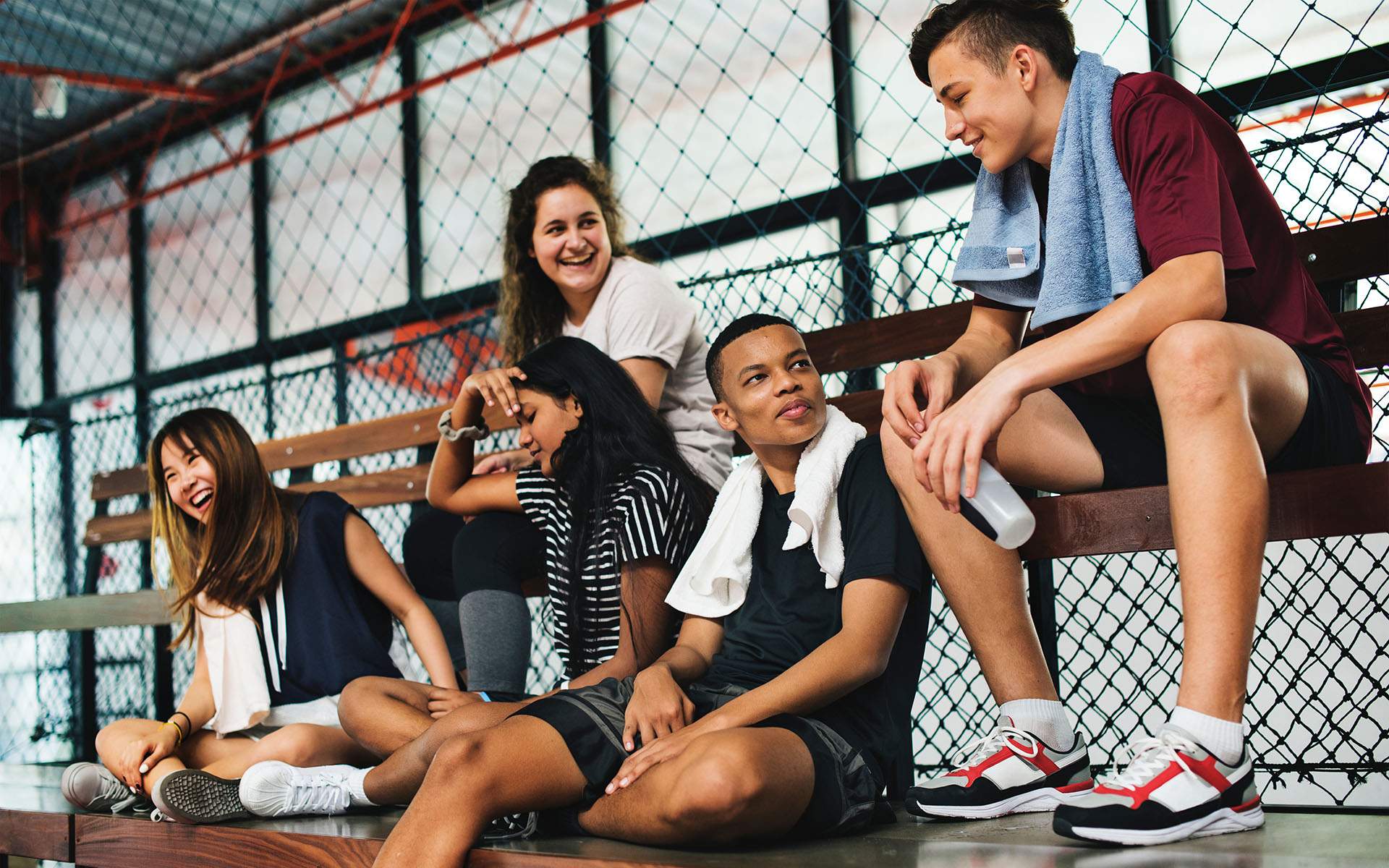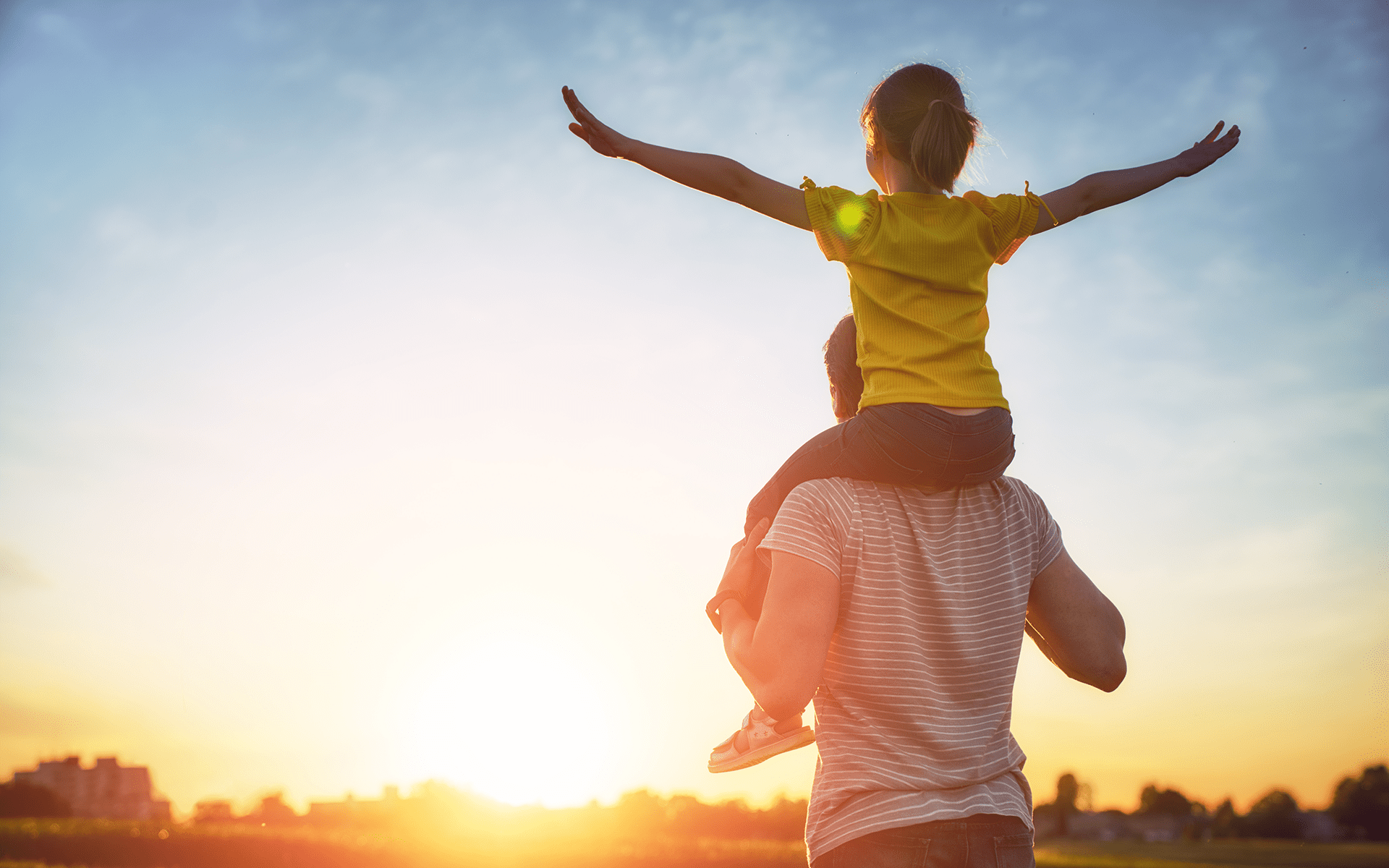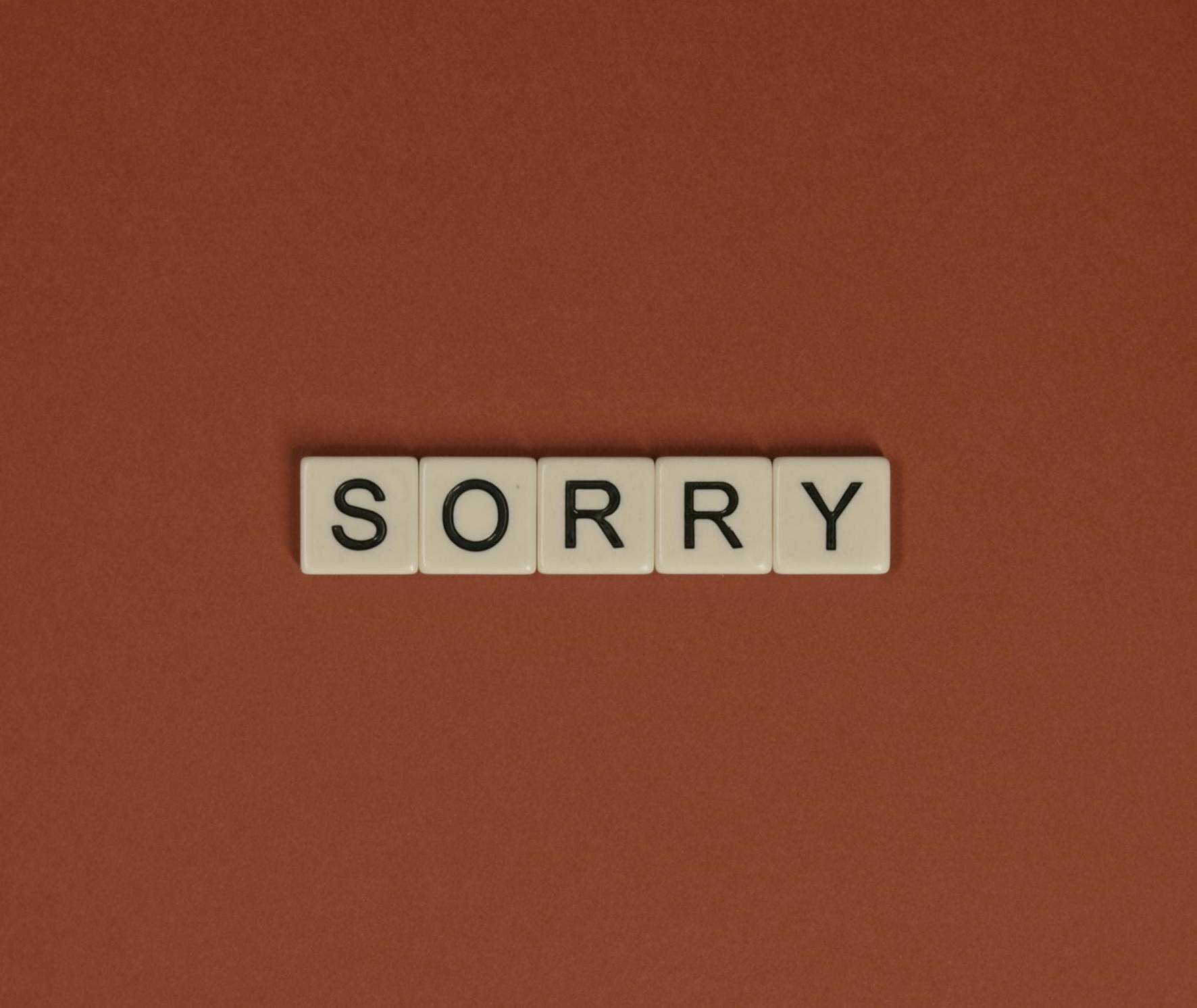A few years back, I was scrolling through my Instagram feed when I came across an image of Miranda, my childhood best friend. She was on a beautiful white-sand tropical beach, tan and radiant, contorted into an incredible yoga pose. In contrast, I was sitting in my living room, pasty white and deeply bundled against the frigid Maine temps, nearly comatose from tech use. And I noticed something. As I stared at the pic, my throat clenched slightly. My shoulders rose up just a hair. And my stomach dropped. I had a wisp of a thought: Ugh. I wish that was me. This was followed by a cascade of reasons that I was better than her, in a desperate attempt to make myself feel better.
What makes this moment notable, even though this yucky feeling had happened a bajillion times while looking at Insta, was a recognition of how that image impacted me. If I think about my technology consumption like a diet, what I just ate left me feeling bloated and heavy—perhaps the equivalent of eating an entire bag of Cheetos. In the past, I might have scrolled on for thirty minutes, continuing with my day and feeling some unnamed uneasiness, but not really noticing or connecting my feelings to anything in particular. This time, though, it was clear as day. This time helped me wake up and ask myself, “Is scrolling through social media healthy for me?” The answer was a resounding no.
So then I deleted all the apps and never got on social media again.
Yeah, right.
What is true is that this was the beginning of a long process of really waking up to how my technology use was impacting me. I was able to start noticing when my face felt hot and my muscles clenched because an email triggered me before shooting off a fiery response. I recognized that if I woke up and looked at the news on my phone first thing in the morning, I was extra grouchy toward my family as I got ready to teach school that day.
Mindfulness basically asks us to take off our judgy pants for a second and really look at our experiences, especially the ones we think we already know.
On the flip side, my awareness of some of the ways tech really served me grew as well. I was able to notice that I felt empowered by calls to action posted by friends who were promoting social justice. I was grateful for the electronic calendar that reminded me of a forgotten appointment I was supposed to go to in thirty minutes. And especially as we braved the COVID-19 pandemic, I deeply appreciated being able to connect with my students, family, and friends over Zoom.
Listen, I have an obvious bias here. I believe it is really easy for us as humans to get sucked into mindless technology use, and I think that sometimes makes us feel like crap. I believe there are forces at work that make it hard to put the phone or video controller or computer screen down. And I believe that we do have control over ourselves and our choices, but only if we are paying enough attention to notice what’s going on.
Listen to Your Kids
I want to be clear: This is not just a concern for young people. Though the specifics of the challenges around tech use may be generational, the modern struggle for balance and wellness affects all ages.
I am a mother of two young kiddos (ages one and four at the time of publication), which means I am grappling with how to best support them in developing their own healthy relationships with technology.
For now, it is easy because I can just turn off the iPad after one episode or take away the phone after the timer dings. But at some point, I need to transfer that power to them so they can start noticing and making their own choices about the impact their tech use has on them. Of course, they will make mistakes. Of course, I will make mistakes. But I’m hoping, much as I do with my students, that we can figure it out together.
I encourage you to be vulnerable with the young people in your life. Model owning your struggles. Invite them to share theirs. Sit on the same side of the table and problem-solve together rather than fight. We all want less fighting. Be open to the possibility that you are in this together.
You can learn a lot just by listening to kids. The world is different from the one we grew up in. I didn’t have a mobile phone or social media until college and a smartphone came well after that. I had an entire childhood before modern tech became a reality. I can’t fully comprehend what it would be like to grow up in a world where my relationships were mediated by technology. The closest I can come is simply listening to young people. One piece of advice that has really stuck with me came from Jeremy, a teen from Virginia, who said, “One of the biggest mistakes I see parents make is they try to relate too much. While both generations have issues, it’s not the same and they don’t fully understand. Parents should just acknowledge the generation gap, and be open to listening and understanding.”
So, I encourage you to be vulnerable with the young people in your life. Model owning your struggles. Invite them to share theirs. Sit on the same side of the table and problem-solve together rather than fight. We all want less fighting. Be open to the possibility that you are in this together.
Create Social Media Habits That Serve You
Mindfulness basically asks us to take off our judgy pants for a second and really look at our experiences, especially the ones we think we already know. When we fully pay attention, defenses down, hearts open, we can be amazed by how much more there is to learn. By hearts open, I mean we can do this work with care. We can do it because we care . . . about ourselves, about our families and friends, and about the larger community. Acknowledging that we truly do want what is best for all can help us make moves that might not feel easy. Perhaps we create a social justice post to highlight the ways we can better care for one another and this world. Perhaps we put our phones down to really show care to the people we love.
Close your eyes. Okay, I guess you have to read through this first, but then come back and close your eyes and walk yourself through this exercise.
- Imagine yourself waking up on your most perfect day. What does it feel like to be in bed? How do you soak in that moment? Do you stay there for a while to enjoy the restfulness? Are you someone who loves to jump right up and throw on some upbeat music? Whatever those first few moments in your ideal day look like, imagine them.
- Afternoon rolls around. What now? Do you go out for a walk? Take a catnap in a sunny patch on the couch? Hit the beach or slopes?
- How will you wind down from your day? Watch a movie with your family? Read a book curled up in your beanbag chair? Take a short walk around the block?
- When you are ready, come back to the present.
This is an idealizing exercise. Obviously, we don’t usually have this much control over every moment of the day. We must consider other people’s needs. And we do things—work, errands, exercise, and so on—that may not feel gratifying in the moment but may ultimately serve us. Some life circumstances simply do not allow for us to do all that we wish. But it can be really helpful to know in our bodies what it feels like to live a beautiful day, as well as what factors help create those feelings.
This exercise is meant to highlight the fact that how you spend your time matters. What you fill your mind with—experiences, content, images—matters. It may be the most important thing to consider. The way we spend each moment ultimately adds up to our lives. If we really want to start being clear about how our tech can best serve us, we need to be very clear about what we want it to serve. Many people grapple with this big question their whole lives: What work, activities, causes, and ways of being in the world make me feel most alive, most connected, and most authentically myself? There will not be a final answer to this question. It will be a lifelong inquiry, and your response will undoubtedly shift as you grow and have new priorities.
Finding meaning in our lives won’t come just from what we do, but how we show up.
Finding meaning in our lives won’t come just from what we do, but how we show up. Are we all the way there for those experiences? Or are we distracted? Can we find meaning and contentment even in moments that are not exciting, awe-inspiring, or fun? Our tech habits do not exist in isolation. Sometimes they are a result of some unmet need in our lives. Sometimes our habits result in an unmet need. It helps to figure out what things nourish us and help us to feel most alive. Only then can we really understand how our tech use can support that.
You Can Always Begin Again
The truth is, at least momentarily, it is easier not to try. It is easier not to notice. It is easier to just hop in our tech inner tube and let the tech companies’ brilliant neuroscientists and psychologists whisk us away on a “happy,” tech-fueled river float. It’s easier to let our habits and patterns whisk us away than it is to look at those habits and ask them, “Are you getting me where I want to go? Are you creating the life I want to live?” Sometimes just asking ourselves to pause can feel Herculean. We aren’t used to it. Our habits push us to stick with what we know. Knowing this, perhaps you ask yourself, Can I love the dance? Can I love my humanness? Can I love myself when my actions create sleep deprivation, jealousy, work backlogs, or sadness? Can I fuel my desire to keep coming back with love and care instead of shame?
If we go into the practice of examining our tech habits by criticizing ourselves, and criticizing others, for not living up to our ideals, we won’t want to keep trying. Lead with love.
Maybe we notice we have been scrolling for over an hour one day, only to miss noticing the same behavior a week later. Maybe we choose to set a timer when we play video games one day and hop up after thirty minutes to go get some fresh air, only to hole up for a whole weekend playing games a month later. Still, we can begin again.
And still, we can value ourselves as we fall. We can value ourselves enough to try again.
Attention Hijacked: Using Mindfulness to Reclaim Your Brain from Tech by Erica B. Marcus. Text copyright © 2022 by Erica B. Marcus. Reprinted with the permission of Zest Books, a division of Lerner Publishing Group, Inc. All rights reserved. No part of this text excerpt may be used or reproduced in any manner whatsoever without the prior written permission of Lerner Publishing Group, Inc.
read more
Can We Have Compassionate Tech?
Aden Van Noppen, founder of compassionate tech company Mobius, answers our questions about how technology hijacks attention and how we can foster a healthier relationship with our screens.
Read More
Encouraging Healthy Mindsets for Teens
From navigating moments of anger to reducing stress for young people, here are some recent findings from the research on mindfulness.
Read More
You Can Change Your Life by Loving Yourself
Learning to take care of your heart, to accept the pain that comes with seeing the people you love suffer, and to be okay with suffering yourself, is the true work of self-love—and it begins with the breath.
Read More


